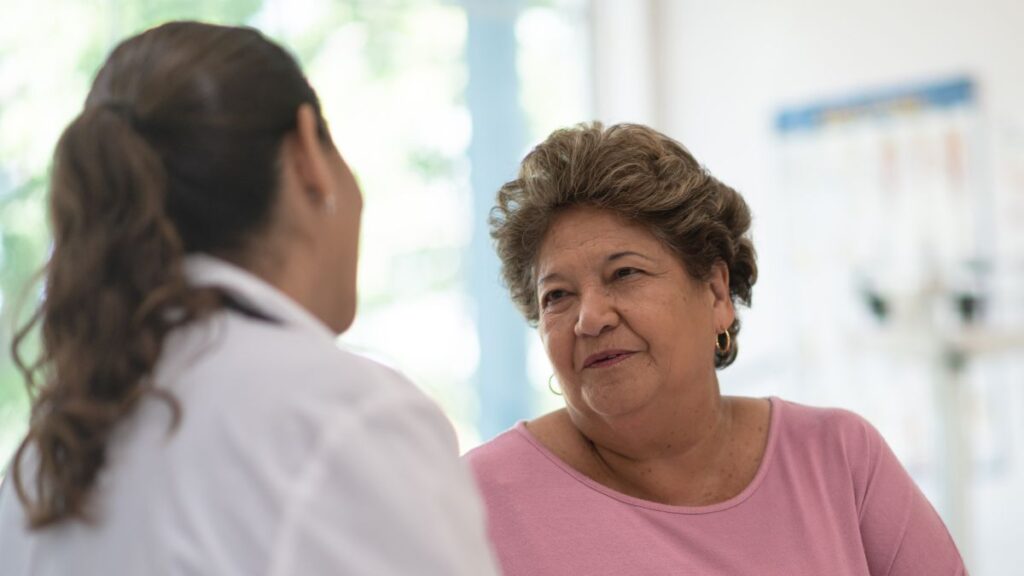
In honor of Hispanic Heritage Month (September 15-October 15), we want to share services and resources that support the behavioral health needs of our Hispanic and Latino American members.
In a 2021 national survey on behavioral health¹:
- Only 36% of Hispanic and Latino Americans got mental health services compared to non-Hispanic Whites (52%). Both groups reported mental health illness at about the same rate.
- Suicide is the third-leading cause of death among Hispanic and Latino Americans ages 10-24 and males ages 25-34.
Taking care of your behavioral health is an important part of your total health and wellness. Behavioral health includes mental health and concerns with substance use or challenging behaviors. There are many reasons people may not seek help for behavioral health. Some people may feel that their doctor does not understand them or their culture. Or there might be a cultural stigma to getting care.
Many people across all cultures struggle with behavioral health concerns. It is important to seek help early!
How to get behavioral health services
If you are feeling sad, anxious, depressed or struggling with substance use, you are not alone! We can refer you to resources to help.
The Alliance provides mental health and behavioral health services for members. Contact member services at 800-700-3874 if you have any questions about your treatment or provider.
For substance use services, contact your county’s Behavioral Health department:
- Mariposa County: 800-549-6741
- Merced County: 888-334-0163
- Monterey County: 888-258-6029
- San Benito County: 888-636-4020
- Santa Cruz County: 800-952-2335
For more information and resources, visit our Behavioral Health Care page.
If you or a family member is struggling or in crisis, call or text 988. The 988 Suicide & Crisis Lifeline is available in English and Spanish.
If you are having a health emergency, call 911 or go to the nearest emergency room.

A member’s cultural background and language is important to their health care. We respect the cultures of our Alliance members. Everyone has the right to quality health care that is appropriate with each person’s culture.
That is why we want to make sure our members feel comfortable with their health care providers. Here are some services we offer:
Language Assistance Services
Did you know we offer translation and interpreter services? For help with getting an interpreter or written information in your language, please call the Alliance Health Education Line at 800-700-3874, ext. 5580. If you need language assistance, we have a special telephone line to get an interpreter who speaks your language, available to you at no cost.
Change your primary doctor
You can also change your doctor if you feel that your current doctor does not understand your needs. Check out our post, Feel comfortable with your doctor, for more tips. You can use the Provider Directory to search for a doctor in your area. The Provider Directory lists what languages the staff in the doctor’s office speaks. You can also select the gender of your doctor and if they have extended office hours.
To change your doctor, use our online form or call Member Services at 800-700-3874 (TTY: Dial 711), 8 a.m. to 5:30 p.m., Monday through Friday. Member Services has staff members who speak Spanish if that is your preferred language.
¹ Source: SAMHSA


